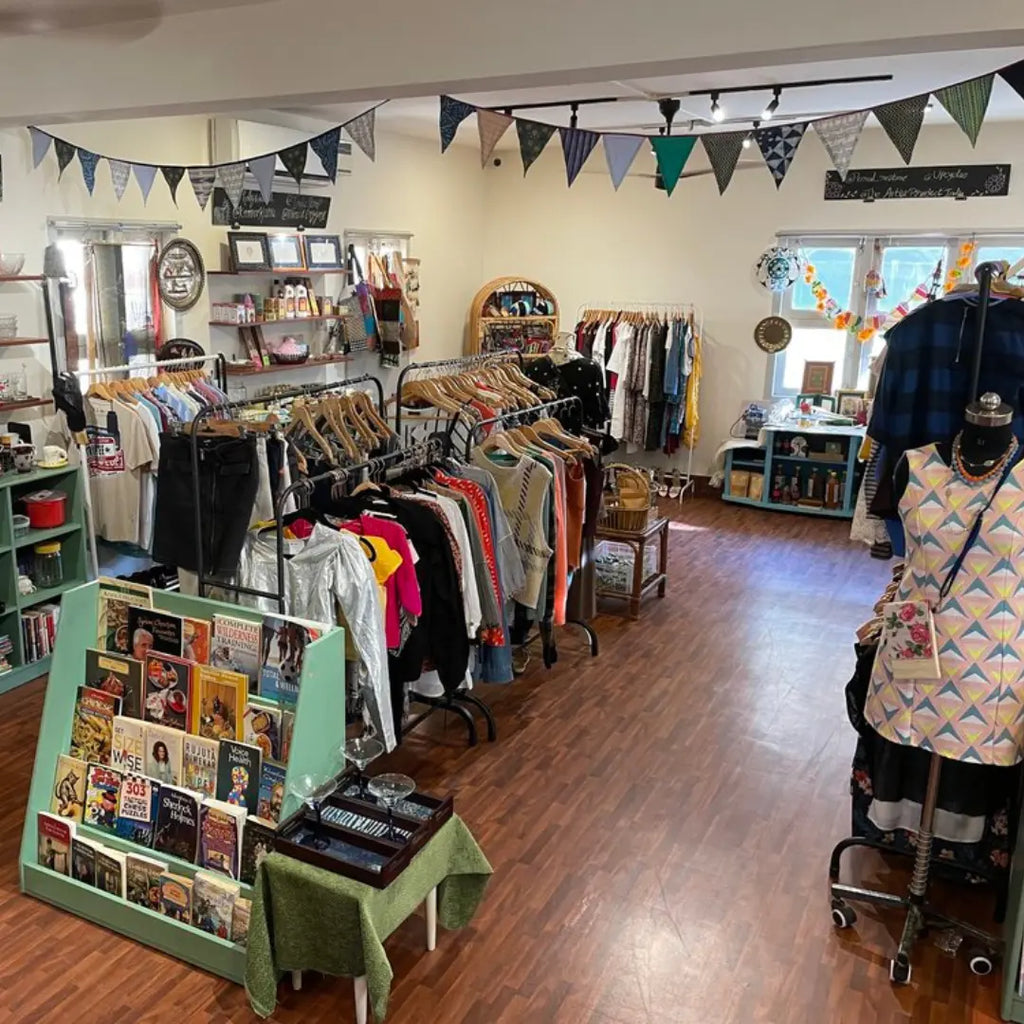Fashion Revolution Week 2025 | Consumers Driving Change

Fashion Revolution Week is here!
It’s an annual event spanning a week dedicated to collective action for raising awareness about the issues in the fashion industry and advocating for a more sustainable, ethical and equitable approach to fashion. With the power of a united community across the globe, we, as consumers, can hold brands and governments accountable, demand better practices, and create sustainable change.
Fashion Revolution Week finds its roots in the tragic Rana Plaza collapse in Bangladesh. Back in 2013, over 1,100 garment workers lost their lives while working in unsafe conditions in this plaza. This disaster spotlighted the dark, often unseen side of the global fashion industry. A key aspect we often fail to see is the exploitation of workers in the unfair work environments that they are subject to. Subsequently, the environmental damage caused by mass production is yet another ill effect of the industry.
As a response to this, Fashion Revolution was born as a global movement aimed at raising awareness about these issues and pushing for change. It nudges consumers to question the origins of their clothes and pushes brands to take responsibility for their impact on people and the planet.
Overconsumption - The root of all evil?
Fast fashion is particularly problematic, for it has created a system where clothes are produced quickly, cheaply and in large volumes to meet constantly changing trends. What used to be one fashion cycle, has now quadrupled resulting in four fashion seasons. As a result of this, consumers are purchasing rapidly, most of the time, buying more than they actually need. The purchases made are often at the cost of quality and longevity. All of this excess clothes need to go somewhere eventually right? The culture of surplus clothes results eventually in disposables, with serious environmental consequences, contributing to waste, pollution and the depletion of natural resources.
The fast fashion model operates on a “buy more, wear less”, philosophy, which has led to a disturbing rise in clothing waste. The average person now purchases 60% more clothes than they did 15 years ago, while using it only for half as long. A lot of unused clothing is actually sent across the world to countries like Ghana, where it washes up on the shore. A mind boggling statistic shared in the documentary is that Ghana has a population of 30 million and 15 million waste clothes are exported to Ghana every week. Just imagine the impact it would have on the local resources and people.
Brands and governments have a significant role to play in changing the fashion industry. More importantly though, we as consumers hold immense power to dictate what we want. By making changes in our consumption patterns, we can reduce our demand for unsustainable practices, thereby pushing brands towards more ethical, eco-friendly and humane production methods.
-
Choose what you buy wisely: Instead of mindlessly purchasing fast fashion items that are cheap and poorly made, opt instead for high quality, classic pieces that will last longer and never go out of style! Choose brands that focus on sustainability and ethical production
-
Fix up - Mend & Repair: Fashion Revolution Week, this year, includes a special event called Mend In Public Day -on 26th April. The purpose of the event is to encourage people across the globe to come together to repair and mend their clothes in public spaces. By mending your clothes, you are increasing the life of your clothes, and resisting the culture of disposing of clothes sooner. Most certainly, this event would spark conversations about mending and repairing, bringing this narrative to the forefront, making sustainability the new normal!
-
Thrift & Swap!: Purchase second hand clothes and swap clothes with your friends and cousins. This gives your wardrobe a new look, while you experiment with new styles. At the same time, you’re reducing cloth waste too!
-
Educate Yourself & Others: Learn about the brands you purchase from. Who are the founders? What are their backgrounds like? What are the production practices like? Brands that are transparent about their sourcing, manufacturing and environmental impact are great ones to purchase. Then you are putting your money into companies that prioritise fair wages, safe working conditions and sustainability
-
Sustainable Fashion, the way to go!: There are plenty of brands now offering sustainable and eco-friendly alternatives to fast fashion. Using unconventional materials such as organic cotton, bamboo fibre, hemp, banana stem fibre, their products are designed to last longer. Supporting these brands means that we’re actively demanding a more ethical and sustainable future!
Fashion Revolution Week is a reminder that our choices matter, and when all of us act together, we can lead to powerful change. Together, we can redefine the fashion industry to one that values people, the planet and the future generations.
